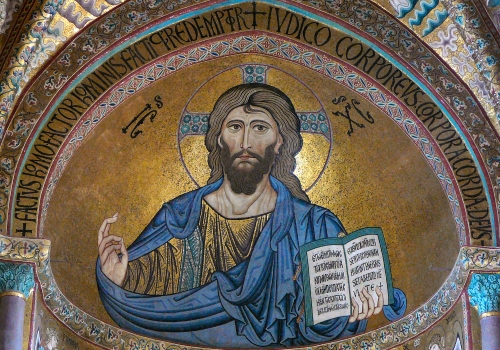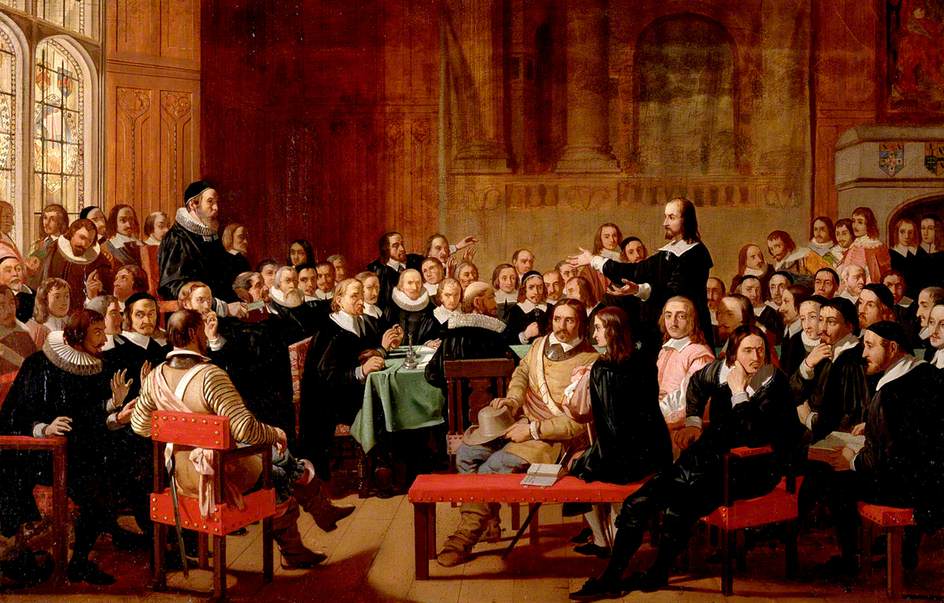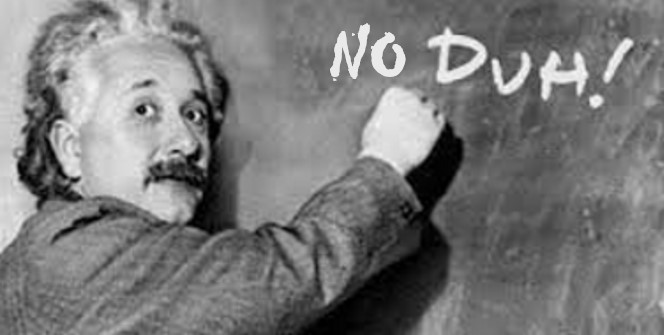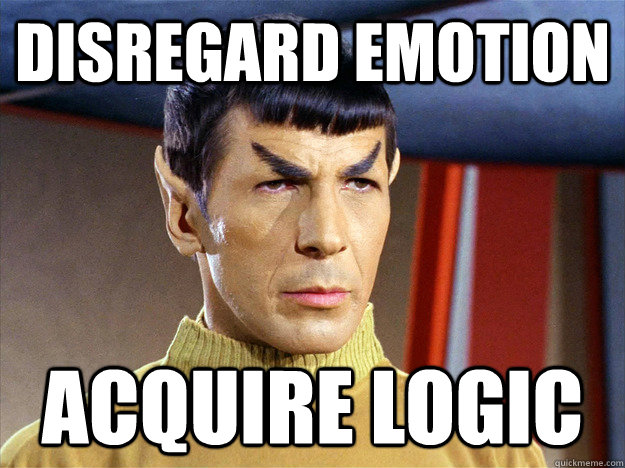Search Results for: Rahner's Rule
podcast 222 – Self-evident truths relevant to Trinity or Incarnation theories – Part 1
Can these trim off the fat of excess speculations?
Worship and Revelation 4-5 – Part 8 – Objection: I Will Not Give My Glory to Another
 The extraordinary early American minister Noah Worcester (1758-1837) fought in Battle of Bunker Hill, made shoes, taught school, served in the New Hampshire legislature, campaigned unsuccessfully for pacifism, and in his spare time, wrote some really interesting philosophical theology. (In my lingo, he’s a subordinationist unitarian.)
The extraordinary early American minister Noah Worcester (1758-1837) fought in Battle of Bunker Hill, made shoes, taught school, served in the New Hampshire legislature, campaigned unsuccessfully for pacifism, and in his spare time, wrote some really interesting philosophical theology. (In my lingo, he’s a subordinationist unitarian.)
Here are some of his thoughts on the subject of worshiping Jesus.
That the Son of God is to regarded as an object of DIVINE HONORS, is so plain from the Scriptures, that it seems extraordinary that it should even have been denied by any one who has admitted the Bible as a rule of faith and practice. …We have express declarations of the will of God. “The Father judgeth no man, but hath committed all judgment to the Son, that all men should HONOR the SON even as they honor the Father.” This is a sufficient warrant for men to give DIVINE HONORS to the SON of God. Angels have their warrant also; for “When he bringeth in his ONLY BEGOTTEN into the world, he saith, Let all the angels of God WORSHIP HIM.” (Noah Worcester, Bible News: Or, Sacred Truths Relating to the Living God, His Only Son, and Holy Spirit, p. 128, bold added)
I agree.
Worcester proceeds to carefully work through many arguments in this chapter with sure-footed common sense and deep familiarity with the Bible. I thought his answer to a common objection to worshiping the Son was especially interesting:
It may still be thought, that if the Son be not the self-existent God, but has been exalted by God as an object of Divine honors, then God has given his glory to another, contrary to his own word. …
[In reply,] Read More »Worship and Revelation 4-5 – Part 8 – Objection: I Will Not Give My Glory to Another
The Latin Trinity Chart 3 – Henry of Ghent to the rescue
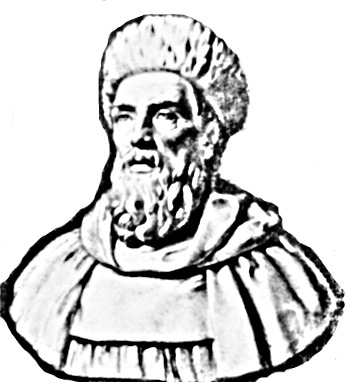
“Stand aside, puny moderns. Or postmoderns. Or whatever you are.”
I thought that Scott and Joseph made some really penetrating comments on the first two posts in this series. Here I want to recap them, so we can discuss how Henry of Ghent (c. 1217-93) a.k.a. The Solemn Doctor would interpret our chart (see the first two posts), specifically, the second, modalistic interpretation I offered.
First, Joseph comes in with some weighty objections to that model (summarized and expanded by me from his comments).Read More »The Latin Trinity Chart 3 – Henry of Ghent to the rescue
podcast 124 – a challenge to “Jesus is God” apologists
In this episode, I walk you through an argument against confusing Jesus with his God.
flailing against the New Testament – part 2
Deep thoughts on “divine nature,” and the agony of defeat.
podcast 261 – How to Argue that the Bible is Trinitarian – Response to Bowman
Arguing about what is essential to a trinitarian theology, and about a seemingly incoherent Trinity theory.
Craig, White, and Cerberus
First, I suggest we stick with “SER-ber-us” because pronouncing it “Ker-ber-us” fills some people’s heads with images like these. And we can all agree, that is not a good thing. 🙂 Last time, I mentioned Bill Craig’s recent public assertion of his Cerberus analogy for the Trinity. Here’s a remix by an Islamic apologist, with snickering commentary by Reformed Christian apologist James White. I take… Read More »Craig, White, and Cerberus
Richard of St. Victor’s De Trinitate, Ch. 22 – part 2 (Dale)
 Last time I tried to analyze Richard’s argument in ch. 22 that his view preserves monotheism. This time, I critically evaluate the argument. Is it sound?
Last time I tried to analyze Richard’s argument in ch. 22 that his view preserves monotheism. This time, I critically evaluate the argument. Is it sound?
It goes like this:
- There can be at most one omnipotent being. (premise)
- No being can have more than one token of any property. (premise)
- At most one token of omnipotence can exist. (2,3)
- Any token of omnipotence is the same as any token of divinity. (divine simplicity)
- At most one token of divinity can exist. (3,4)
- No token property can be had by more than one being. (premise)
- There is at most one God. (5,6)
What shall we make of this argument? Why believe premise 1? Richard says,
…if it is agreed that omnipotence can do everything, it will be able to carry out with ease what any other power would not be able to do. For this reason it is clear that only one omnipotence can exist. (ch. 22, p. 394)
I have a couple of problems with this. Read More »Richard of St. Victor’s De Trinitate, Ch. 22 – part 2 (Dale)
Swinburne’s Social Trinitarian Theory, Part 3 – functional monotheism
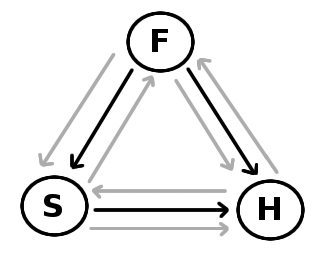
How the three are tightly functionally unified, in Swinburne’s view.
(See below for the interpretation.)
Last time we looked at Swinbure’s suggested reading of the creeds. They can’t he says, be charitably read as holding that in the same sense there’s only one divinity, and that there’s three. Swinburne comes down on the side of three. Like all social trinitarians, he’s attracted to a vision of the Trinity as being a loving community, three eternal and perfect, spirits, three selves, enjoying one another’s company, living in communion with one another, and working together in all they do. In short, he wants to say there are personal relationships internal to God – and this implies that there are persons – subjects of experience, thought, and action – in God.Read More »Swinburne’s Social Trinitarian Theory, Part 3 – functional monotheism
“Well OF COURSE they distinguish the Son from the Father!”
How Trinity theories cause a “blind spot” when reading the New Testament.
Worship and Revelation 4-5 – Part 5 – An Objection

If we stick with objections arising from the text of Revelation itself, perhaps the most obvious one is that raised in a comment on previous post by my friend James Anderson. Reformulated by me, it goes:
The text itself (Rev 19:10, 22:9) asserts that we should worship only God. And yes, Revelation plainly implies that Jesus should be worshiped. And so it plainly implies that Jesus is God.
One might look to one of my favorite translations, the New Living Translation, which has these two verses saying, in part: “Worship only God”.
When you look at the Greek, though, you see that it simply says “Worship God.” Not the same thing! And most translations get this right. (Even The Message and the Good News Bible get it right.)
Where does the “only” come from? From the theological agenda of the translators; they want the text to be making the argument above. So in the ESV Study Bible, which translates these phrases correctly (“Worship God.”) they feel the theological need to add this footnote:
Human beings must not worship even the angels… God alone must be worshiped. Since the Lamb is rightly worshiped (5:8-14), he is God. (p. 2497)
Interestingly, these evangelical commenters agree with those in the recent Jewish Annotated New Testament that Revelation asserts that only God should be worshiped. In their comment on 19:7-10, they assert that
It is God, not the Lamb/Jesus, who is to be worshiped. (p. 493)
And bizarrely, in their notes on chapter 5, they ignore the obvious fact that Jesus is being worshiped together with God, although they correctly note that
The heavenly song makes a clear distinction between the enthroned one and the sacrificial lamb. (p. 474)
I’m reading between the lines here, and the commenters in this book are understandably very circumspect, but I think their assumption is Read More »Worship and Revelation 4-5 – Part 5 – An Objection
Prothero on Christianity, Jesus, and the Trinity
Stephen Prothero, of Boston University, is the rare professor who is to a household name and face. He’s been on all sorts of media, and is an able spokesman for the cause of religious literacy. Preach it! His latest book, God is Not One, is possibly the best introduction to a variety of religious traditions for the general reader. It’s well-written, informative, humorous, apt at… Read More »Prothero on Christianity, Jesus, and the Trinity
Jesus and “God” – Part 8 – Some recent Jewish scholars on the biblical Shema
Last time we looked carefully at the verse normally translated as “Hear, O Israel, the LORD our God, the LORD is one.” We saw, surprisingly, that on any credible translation, it is not itself an assertion of monotheism – although it’ll probably be consistent with monotheism – depending on what is understood by “monotheism”! And that is a tougher problem that must be faced, for… Read More »Jesus and “God” – Part 8 – Some recent Jewish scholars on the biblical Shema
Deviant Calvinism roundup 2 – critics and fans
Last time we linked interviews with Dr. Crisp about this book. This time, the knives come out… and also some congratulatory bouquets. This Monday, on the next trinities podcast, I discuss libertarian Calvinism and universalism with Dr. Crisp. If you’ve not studied philosophy, here are introductory-level talks about determinism, libertarian freedom, and compatibilist (aka soft determinist freedom). Both author and reviewers are assuming that you have… Read More »Deviant Calvinism roundup 2 – critics and fans
more on Ben Nasmith on monotheism
I’ve been meaning to get back to Ben for a while, to continue our dialogue on biblical monotheism and related matters. (Previous post.) In his reply, Ben says, I gather that Bauckham affirms (in different words) that monotheism involves, (1) A strict partitioning of reality into divine and not-divine portions; and (2) The unity of the divine portion of reality, i.e. the divine reality acts… Read More »more on Ben Nasmith on monotheism
Mark: Jesus is God’s Son, the Messiah
To follow up on Kruger vs. McGrath: in light of what Mark either explicitly says or clearly implies, Dr. McGrath is correct. Not only does Mark not teach that Jesus is God himself, but he plainly implies that Jesus is not God himself. For Mark, God is someone else, the one who sent, empowered, worked through, raised, and exalted Jesus. Jesus is the human Messiah, the unique Son of God,… Read More »Mark: Jesus is God’s Son, the Messiah
“Subordinationism”
 In the recent and ongoing series, I have been showing that famous early “fathers” are not, contrary to popular accounts, trinitarians at all, once we carefully define the term. They are unitarians, again, carefully defining the term.
In the recent and ongoing series, I have been showing that famous early “fathers” are not, contrary to popular accounts, trinitarians at all, once we carefully define the term. They are unitarians, again, carefully defining the term.
But these recent comments by reader “Villanovanus” got me thinking.
He finds it outrageous that I call people like Irenaeus and Origen “unitarians,” even though I also call them “subordinationists.” Isn’t a subordinationist by definition a trinitarian? (When one reads the trinitarian authors of histories of theology, they are usually a little more modest, saying that these folks are sort of, kind of, maybe trinitarians, if not good ones, or fully developed ones, etc.) Am I not grammatically challenged, or perversely unwilling to look up terms in a dictionary? If a “subordinationist” is by definition a trinitarian, then “subordinationist unitarian” is a contradiction in terms.
He cites a number of dictionary type definitions of “subordinationism”, e.g.
- [subordinationism] the doctrine that the first person of the Holy Trinity is superior to the second, and the second superior to the third. (© Random House, Inc. 2013)
- [subordinationism] either of two interpretations of the doctrine of the Trinity, often regarded as heretical, according to which the Son is subordinate to the Father or the Holy Ghost is subordinate to both (Collins English Dictionary – Complete & Unabridged 10th Edition 2009 © William Collins Sons & Co. Ltd. 1979, 1986 © HarperCollins
Publishers 1998, 2000, 2003, 2005, 2006, 2007, 2009) - [subordinationism] the theological tenet of progressively declining essence within the Trinity. (-Ologies & -Isms. Copyright 2008 The Gale Group, Inc.)
The second definition is too narrow. But making “subordinationism” Read More »“Subordinationism”


